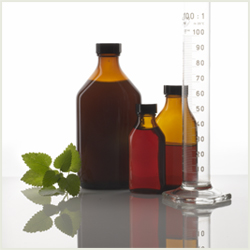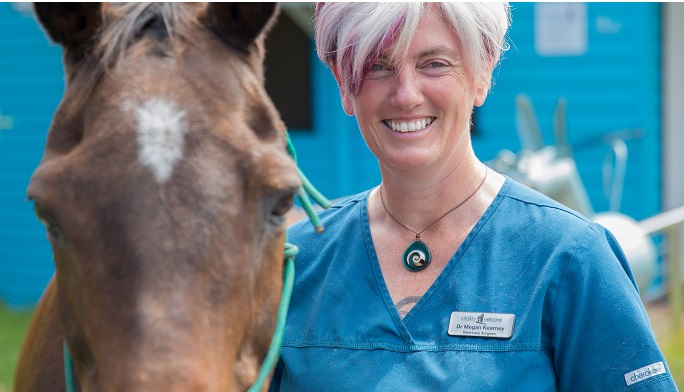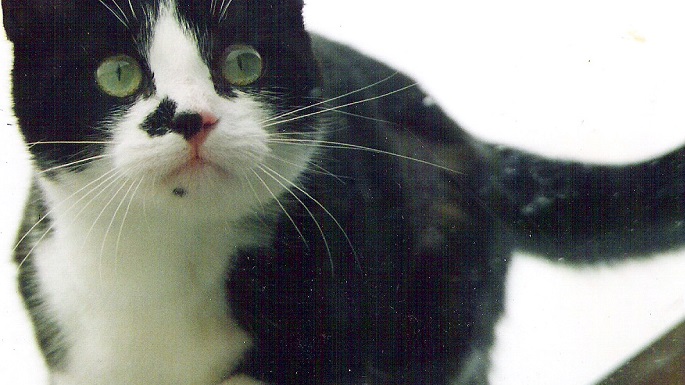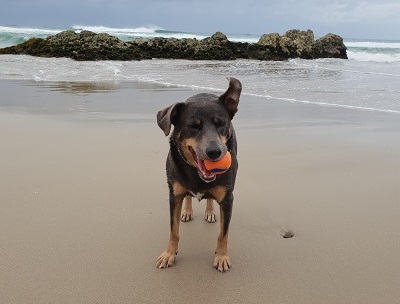Vitality Vetcare
Welcome to Dr Megan Kearney's Vitality Vetcare in Bangalow, Byron Shire. We are passionate about the inter-relationships between animals, humans and plants. Dr Megan's expertise lies in helping people to understand the animals in their life so they can all be empowered to return to optimal health and vitality. Vitality Vetcare is a secondary referral integrative veterinary service offering compassionate holistic professional care for all species.
Dr Megan has a special interest in acupuncture, Chinese herbal medicine, homeopathy, western herbal medicine and optimal nutrition. We require clients to make an appointment with us and to ask their general practice vet for a referral or give us permission to request a medical history from your vet if you refer yourself. We no longer offer primary general veterinary care nor an emergency service. We aim to work in collaboration with your GP vet to ensure that your animals are as happy and healthy as possible. Dr Megan also offers medical herbalism and Brennan healing for people.
COVID-19 & PETS
March 23, 2020Can my Pet get COVID-19? Have a look at the video message published by AVA President Dr [...]
Vital nutrition for dogs and cats
April 12, 2019There is an overwhelming amount of information out there on all topics of animals care. So when it [...]
How to Care for Guinea Pigs
April 12, 2019How to care for these popular pocket pets! Making the decision to adopt a Guinea Pig can be an [...]








